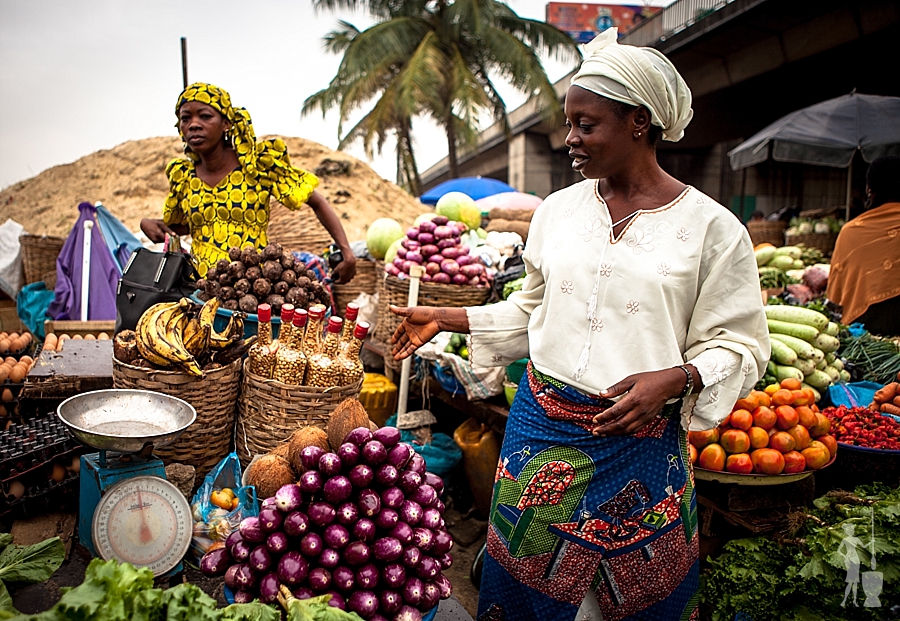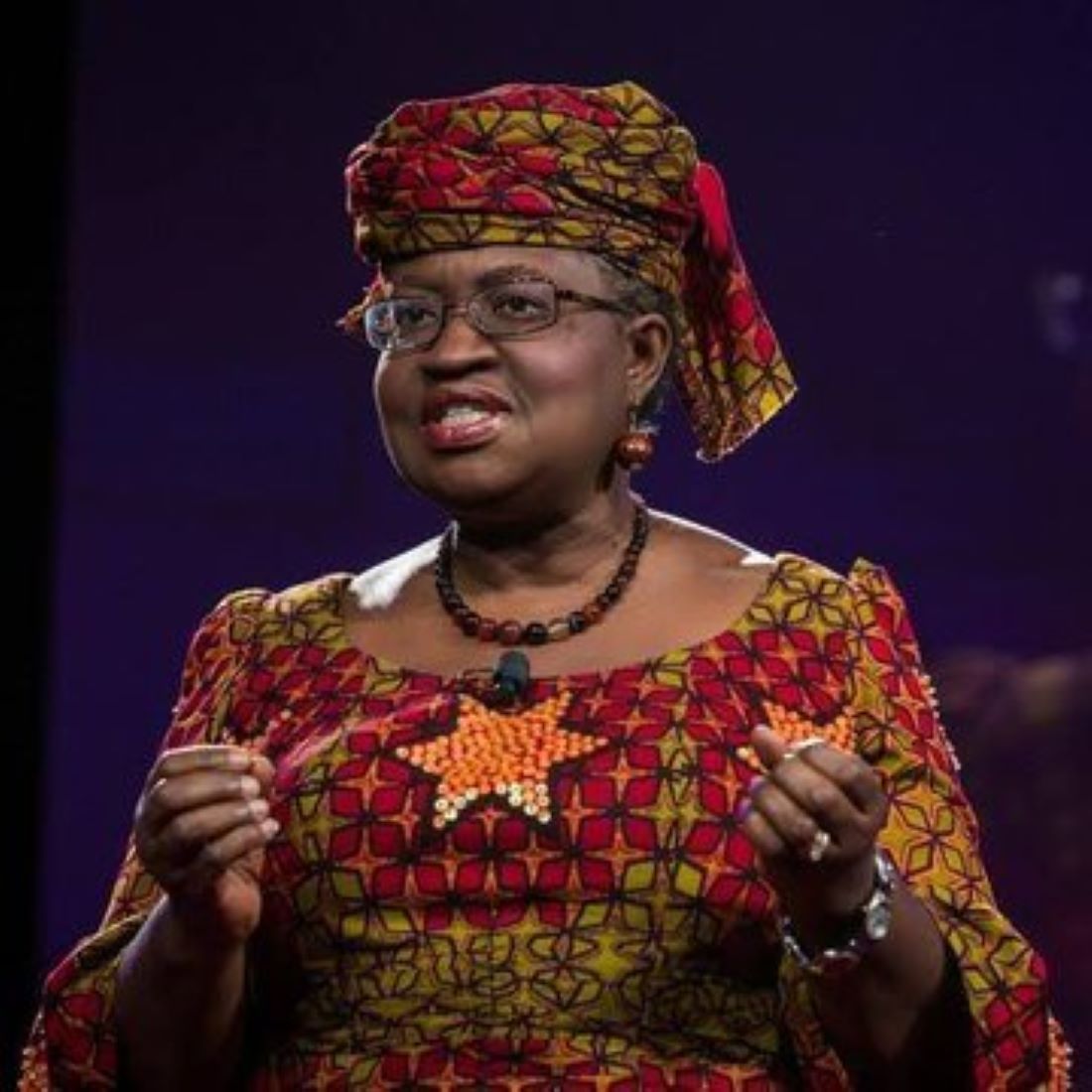
Tanko Mohammed
The International Monetary Fund (IMF) has raised an alarm that Africa’s biggest economy, Nigeria, is at a critical juncture, having been hit hard by the COVID-19 pandemic.
The Executive Board of IMF said after the conclusion of its 2020 Article IV Consultation with Nigeria that it was however glad that the government had acted swiftly to adopt a pandemic-related support package equivalent to 0.3 per cent of GDP in the 2020 revised federal budget in spite of limited fiscal space.
Aside the numerous stimulus packages, Nigeria took some “painful’’ decisions to shirk off some of its financial responsibilities, including dumping of sensitive petroleum subsidies to be able to fund its budgetary deficit.
IMF said that following a sharp drop in oil prices and capital outflows, real Nigeria’s Gross Domestic Product (GDP) contracted by 3.2 per cent in 2020 amidst the pandemic-related lockdown.
It also said that headline inflation rose to 14.9 per cent in November 2020, a 33-month high, reflecting core and food inflation increases emanating from supply shortages due to the lockdown effected to curb infections.
It added that the land-border closure and continued import restrictions also contributed to the contraction, while unemployment rate reached 27 per cent in the second quarter of 2020, with youth unemployment at 41 per cent.
According to it, capital outflow risks arise from the record-low domestic interest rates and large foreign holdings of domestic securities.
On the upside, recovering oil prices and completion of the Dangote oil refinery could catalyse more domestic crude oil production and boost growth, it said.
“External vulnerabilities due to lower oil prices and weak global demand have increased, with the current account remaining in deficit in the first half of 2021.
“In April 2020, Nigeria received IMF emergency financial assistance of 3.5 billion dollars under the Rapid Financing Instrument to help cushion the impact of the pandemic.”
Going forward, the fund emphasised the need for urgent policy adjustment and more fundamental reforms to sustain macroeconomic stability and lift growth and employment.
“Directors welcomed notable reforms undertaken in the fiscal sector, including removal of the fuel subsidy and steps to implement cost-reflective tariff increases in the power sector.
“However, they stressed the need for significant revenue mobilisation to reduce fiscal sustainability risks, relying initially on progressive and efficiency-enhancing measures with higher tax rates awaiting a more sustained economic recovery.
“They highlighted the need for improved social safety nets to cushion potential negative impacts on the poor.”
In the statement, the IMF’s board observed that multiple rates, limited flexibility and foreign exchange shortages were posing challenges.
It therefore recommended a gradual and multi-step approach to establishing a unified and clear exchange rate regime with the near-term focus on allowing for greater flexibility and removing the payments backlog.
“Directors observed that the accommodative monetary stance remains appropriate in the near term, although tightening may be warranted if balance of payments or inflationary pressures were to increase.
“In the medium term, the monetary policy operational framework should be reformed and Central Bank financing of budget deficit phased out in order to reduce inflation.”
While welcoming the resilience of the banking sector, the board called for continued vigilance to contain financial stability risks.
According to it, COVID-19 debt relief measures for bank clients should remain time-bound and limited to those with good pre-crisis fundamentals.
It welcomed recent progress in structural reforms and called for continued reforms aimed at promoting economic diversification and reducing the dependence on oil and increasing employment.
It also encouraged strengthening governance and anti-corruption frameworks, including compliance with Anti-Money Laundering/Combating the Financing of Terrorism (AML/CFT) measures.
The Bretton Woods institution hailed the ratification of the African Continental Free Trade Area (AfCFTA) and underscored that implementing trade-enabling reforms remained critical to rejuvenate growth.
Nigeria’s ministers and heads of agencies on February 9, 2021 highlighted some of the stimulus packages implementation on the platform of Economic Sustainability Plan that have impacted positively on millions of Nigerians since the outbreak of the pandemic.
These included the release of $103 million as Survival Fund covering the disbursement of $160 as Payroll Support for three months to over 300,000 beneficiaries; one-time grants of $80 to about 100,000 artisans, and 100,000 business name registrations paid for by the Federal Government.
The Minister of State for Industry, Trade & Investment, Mr Mariam Katagum reported the progress of the Survival Fund to the Committee, the Central Bank Governor, Godwin Emefiele also reported on the bank’s intervention including disbursement of over N192B for household/MSMEs grants to 426,000 beneficiaries across the country, with plans to disburse over $250 million more in that category named Targeted Credit Facility.
The CBN Governor also disclosed that under the collateral-free Agric-Business/Small & Medium Enterprise Investment Scheme, there are ongoing grants of concessionary loans from between $500 to $2000.
In that category, the Governor disclosed that over $80 million has been disbursed so far to over 27,000 beneficiaries.
In the Agriculture sector, Agriculture and Rural Development Minister, Mr Sabo Nanono also reported that under the ESP, a total of 5.4 million farmers have now been enumerated to get the support under the plan.
He added that for the enumeration which involved geospatial tagging, almost 73,000 N-Power volunteers were trained and 30,000 of them deployed to 774 Local Government Areas.
For the purposes of funding through the CBN, the Minister, disclosed that 2.9 million of the farmers have had their BVN enrollment validated.
The Minister for Communications and Digital Economy, Dr. Isa Pantami also briefed the Committee that broadband penetration in the country has moved from 38% last year to 45% now, while over 170 institutions have been registered to conduct the National Identification Number (NIN).
Works and Housing Minister, Mr Babatunde Fashola reported on the ministry’s coordinated Public Works Programme, while Mr. Festus Keyamo reported on the progress of the Special Public Works that hires 774,000 workers across all Local Government Areas of the country.














